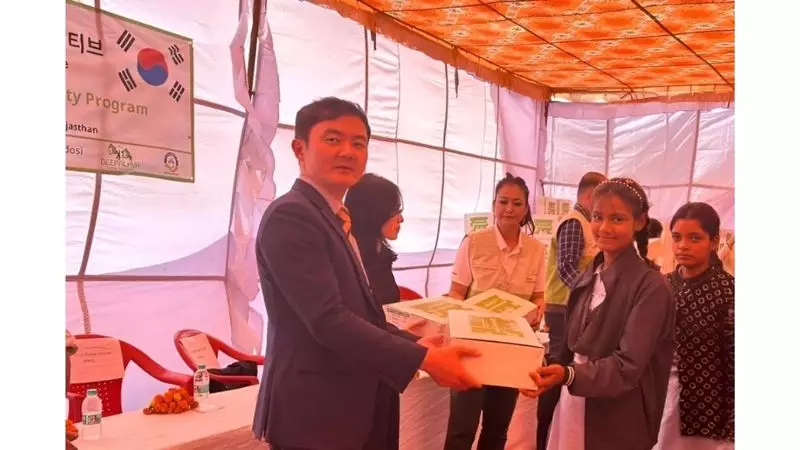
In a significant move toward menstrual health empowerment, Team Korea has joined forces with Good Neighbors India to launch a transformative hygiene awareness campaign across Jaipur schools. This collaborative effort is breaking long-standing taboos and creating a new era of menstrual education in the Pink City.
Empowering Young Women Through Education
The initiative reached over 1,000 adolescent girls from government schools, providing comprehensive menstrual hygiene management training. The program focused on dismantling cultural stigmas while promoting healthy practices that will benefit generations to come.
Comprehensive Support System
Beyond theoretical knowledge, the campaign delivered tangible support through distribution of menstrual hygiene kits. Each kit contained essential products including:
- High-quality sanitary napkins
- Personal hygiene essentials
- Educational materials in local language
- Health guidance booklets
Breaking Cultural Barriers
The program specifically addressed deep-rooted misconceptions surrounding menstruation in traditional communities. Through interactive sessions and open dialogues, facilitators created safe spaces for girls to discuss concerns that are typically considered taboo.
"This initiative goes beyond distribution of products," explained a program coordinator. "We're fundamentally changing how young women perceive their own bodies and health rights."
International Collaboration for Local Impact
The partnership between Team Korea and Good Neighbors India represents a powerful model of international cooperation addressing critical local needs. Their combined expertise in community development and health education created a program with both immediate and long-term impact.
Sustainable Menstrual Health Movement
The campaign establishes a foundation for ongoing menstrual health advocacy in Rajasthan. By equipping young women with knowledge and resources, the initiative ensures that the conversation around menstrual hygiene continues well beyond the program's duration.
The success in Jaipur sets a precedent for similar interventions across North India, demonstrating that collaborative efforts can effectively address sensitive health issues while respecting cultural contexts.






